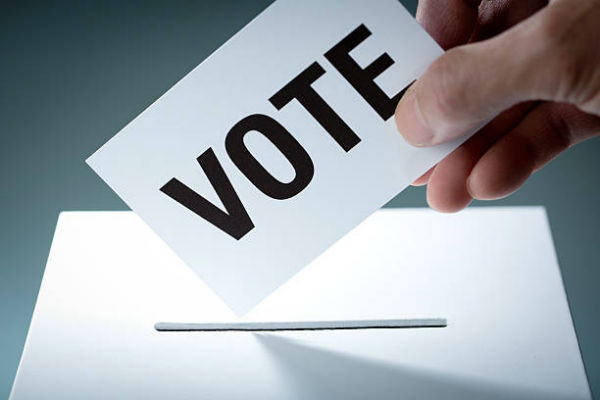by Phillip Nunn
Blockchain has already had a transformative effect on international business and finance. Among the many possibilities of blockchain, it has the potential to revolutionise voting. At present, voting is seen as something irksome and tedious. And why shouldn’t it? When everything else in our lives is done online, why should voting be the only exception?
The Problem.
As exciting as the idea might seem, there are a number of problems associated with this notion. We all know the dangers of the internet. Can you imagine what would happen if someone was able to alter vote counts online? I think it would be highly disruptive from a political standpoint.
Imagine if every time a party lost an election it would cry fraud and demand fresh elections. Wouldn’t that be a colossal waste of time and money! But isn’t there a solution to the problem? Yes, there is – Blockchain!
The Solution.
As a distributed ledger working on computer nodes, Blockchain is ideal for verifiable voting. When someone casts a vote, the ledger is updated. Also, since the info is decentralised, hacking into it is next to impossible. Simultaneously, you can ensure the identity of the person casting the vote through face recognition or fingerprint id. So, it’s easy to see how blockchain based voting can be an answer to all our woes.
Have Any Attempts Been Made to Implement this Tech?
Yes, indeed! A company called Voatz has been experimenting with the application of this technology in New England town meetings. While the voter group might be small, it can easily serve as an example for future widespread implementations.
Similarly, certain Estonian companies have been using blockchain technology for shareholder voting. This was even approved by NASDAQ as safe enough to be used as a proxy voting mechanism. It is my personal opinion that given the rapid strides made in this domain, blockchain voting can be a viable solution.
Is There Enough Funding?
Yes. There is more than enough funding to test and implement the blockchain technology into political voting. Right now, California is allocating a budget of over $134 million to exploring new ways of voting. These also include open-source systems and blockchains are leading the pack. I wouldn’t be surprised if they were chosen as the preferred modes of voting in the future.
The Lowdown.
All in all, blockchains seem to be a very good alternative to traditional voting methods. Not only do they offer a better solution to voting problems but also make the entire process easier. As a technology speaker, I am excited by the possibilities blockchain presents in the future, and voting is at the top.
from Young Upstarts https://ift.tt/2GbjmA0 via website design phoenix


No comments:
Post a Comment